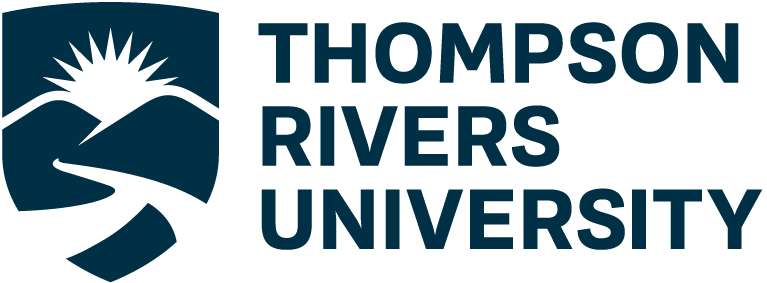What to do when things go wrong
Let’s just get it out there in the open: things will go wrong. There, we said it. It’s going to happen. Things will go wrong during research and that is okay! In fact, that is where some of the biggest discoveries will happen too!
What to do when things go wrong
Things can go wrong at different stages of research. You have to be vigilant and flexible in order to ensure that you do not get blindsided. Make sure that during the planning process, you think through some of the errors and problems that may occur. However, even with the best methods, it is nearly impossible to have nothing go wrong in a research project.
When something goes wrong, our first instinct may be to panic – what do we do now?! The first step is to take a deep breath, and realize that every mistake is a really valuable learning opportunity! Research is all about creating knowledge and learning new things, so all in all you’re perfectly on track!
Even as things don’t go according to plan, there’s a few rules-of-thumb for how to deal with issues that occur at different stages of a research project. Check them out below!
Things went wrong at the start!!!
This is the best time for things to go wrong. During this time, you can tweak your project and change different parts of your method to get the ball rolling. Of course, it will take extra steps in the preparation process to ensure that you have contingencies – as in, you spent some time thinking about the risks to your project (things that could go wrong) as well as how to mitigate those risks (make things less likely to go wrong, and thinking through what you would do in case they still go wrong).
Things went wrong during collection.
In cases where the data you have collected is not addressing your question, you have to evaluate your method and decide whether you would like to alter your research question or alter your steps in the method to make sure that you are still addressing the same question. The corrective steps you take are dependent on the time and funding you have left to complete your project or whether you would be able to repeat data collection. This is why it is important to perform data analysis during data collection.
Things went wrong after data collection.
If you are unable to recollect your data, then you would have no choice but to work with the data you have. When you are at this point, then you would have to write your discussion and explain why it is what it is.
If things go wrong at any point, a researcher should always stay calm and assess the situation for the best possible solution. Always be willing to ask for help when you are not sure about what to do! And remember that everything that goes wrong is invariably an exciting opportunity to learn something new. Keep calm, and stay curious!

